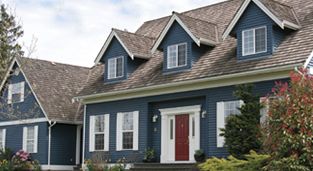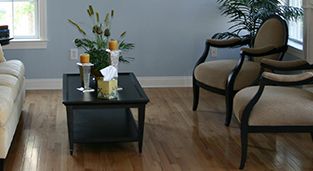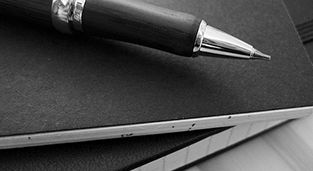Monthly Archives:: February 2016
Things you Should Consider Before Hiring a Home Inspector
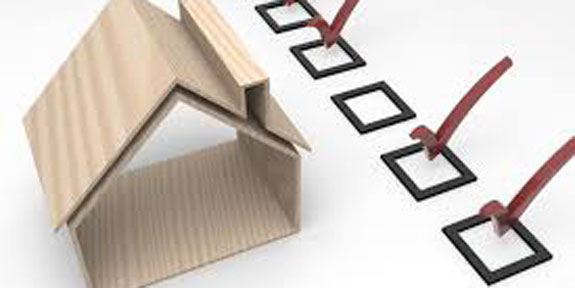
Posted on February 25, 2016 at 9:24 am
Experience
Hiring an experienced inspector gives you peace of mind that your home is in good hands. Many inspectors specialize in a certain type of inspection or are proficient in many different types of inspection; whether that be residential, commercial, pre-purchase, or new construction inspections. An inspector should be able to provide you with a history of how many years they have been working in the inspection industry and the type of inspections they specialize in.
Quality
When you are shopping around for a qualified inspector, do your research. Customer reviews can tell you a lot about the quality of work that the inspector provides. Although positive reviews are very important, don’t let a few negative reviews completely turn you away from an inspector.
Cost
Before hiring a home inspector, do your research. It is important to have a general idea of what a home inspection in your areas costs. If your inspector gives you a quote that strays too far from other competitors, always double check their pricing to make sure you aren’t getting overcharged. Typical home inspection pricing is dependent on the size of the home and can also cost more depending on additional buildings or amenities on the property.
Requirements
Check to see what parts of your home will be inspected. Make sure what areas of your home are being inspected. Some home inspectors are more expensive because certain parts of your home are included in the inspection, whereas other inspectors might not inspect those areas. As stated earlier, this is specific to each inspector and could fluctuate based on price.
Time
The average on-site home inspection will typically take 2-3 hours for a single family home. Always take into account that your inspection could take a lot longer if you have a larger house with additional buildings or sheds, a pool, or other additional amenities. Red flags arrise when your inspector says they’ll be done in an hour, or under an hour. This can tell you that they might not provide the most thorough inspection or could be cutting corners. Make sure you’re getting your money’s worth before hiring an inspector.
Attendance
You should always have the option to be present at the inspection. At Done Right Home Inspection, we prefer when homeowners are present during the inspection so that we can go into greater detail about the inspection findings or let the homeowners know of any problems or concerns that might need immediate attention.
Home Inspections by Done Right Home Inspection
Interested in a home inspection for your Central Iowa property? Call us today, or go online to request an inspection for your property.
Detecting Water Damage in your Central Iowa Property
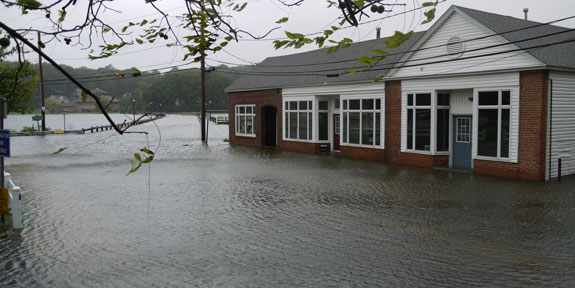
Posted on February 18, 2016 at 9:05 am
The winter in Iowa is typically the driest time of year. Homeowners use humidifiers to restore the moisture in their home to a comfortable living atmosphere. As the snow starts to melt when Spring arrives, make sure your home is protected. The weather in Iowa can change rapidly. When the temperatures increase and decrease rapidly, it is important to keep an eye out for any water or dampness in your home’s basement. Even the smallest amount of water or moisture that seeps into your basement can result in very expensive and timely repairs. If you are unaware of moisture in your basement, Done Right Home Inspection is able to detect even the smallest amount of water that could cause future damage in your home.
Roof Water Damage
Your roof is important, because it is your home’s protective barrier from all outside weather elements. When your roof is damaged, it jeopardizes the inside of your home. A new roof can be very expensive to replace, but it is important in order to save yourself from more severe water damage in your attic or inside your home.
Your roof could become damaged from debris that falls from your surrounding trees. Your roof is more likely to attract and absorb water when there is debris such as leaves and sticks that sit on top of your shingles. Before the first snowfall in the winter, you should clean off your roof to prevent excessive water from accumulating on your roof.
Roof damage can be hard to detect early on. You should be continually monitoring your roof in order to prevent water damage before it damages the interior of your home. Do a thorough pre-winter and post-winter check. Make sure to clean out your gutters to allow for proper drainage of melting snow, ice, and water.
Inside Water Damage
Water damage inside your home can be caused by many things. Bursting or leaking pipes can immediately cause very severe water damage in your home. You may start to notice your sink draining slowly, or your garbage disposal acting funny. These are signs that you might have buildup in your pipes that could lead to leaky pipes.
During the rainy Iowa spring or melting snow in the winter, make sure that your sump pump is working properly. As the snow starts to melt, flash flooding can occur. Your sump pump is important because it removes ground water from underneath the house and prevents the water from leaking into your home. Basement flooding is commonly caused from sump pump failure. Frequently check your sump pump during rainy days or when the weather starts to warm up.
Water Damage Inspections by Done Right
There are many precautions you should take to prevent flooding in your home. If you are buying or selling your home, a home inspector will be able to easily detect any unseen water damage or moisture buildup in your property. Moisture in the walls, ceiling, or attic can be very expensive to fix. If you are concerned with moisture or water in your home, call Done Right Home Inspection for a thorough inspection for your residential property.
The Importance of Using a Humidifier in the Winter
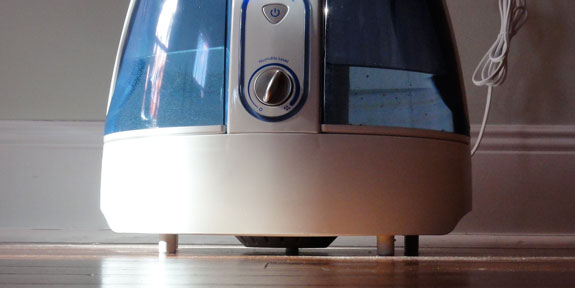
Posted on February 4, 2016 at 12:02 pm
Iowa winters are often very cold and dry. The humidity levels in your home drop to very low amounts, making your home uncomfortable to live in. A simple solution? You should invest in a humidifier to replenish the necessary moisture in your home that makes it a comfortable living environment. Humidity levels should ideally be around 30%, and in the winter months it usually falls to less than 10%. There are many important benefits of humidity in your home, and a humidifier can greatly help to make your home a more comfortable living environment.
Protect Your Furniture
While very high moisture levels can damage your furniture, so can very low moisture levels. There needs to be happy medium. Too little moisture can cause your wood furniture and flooring to split or crack unexpectedly. To preserve your wooden belongings, add a humidifier to your rooms. It is important to remember to monitor and track the humidity levels in each room to ensure you don’t overdo it. Humidifiers have great health benefits, but that doesn’t mean you should not be running it all the time.
Prevent & Treat Illness
Dry winter air can dry out your sinuses, lowering your immune resistance to unwanted bacteria. Believe it or not, viruses have trouble traveling in moist air. This means that when your home has moisture in the air, you are less likely to get sick. Lastly, we all know that dry air leads to dry, itchy skin. When you replenish the air with the necessary moisture, your skin will feel better and more naturally moisturized.
Reduce Your Heating Bill
It is known that dry air feels a lot cooler than moist air. When your home has less than 10% moisture, it is going to feel cold and very drafty. Adding a humidifier can help make your home more comfortable, warm, and could save you money from having to constantly run your heat during the cold, sub-zero Central Iowa temperatures.
Sleep More Comfortably
Sleeping with a humidifier will allow you to breath more comfortably and wake up without a dry nose or throat. Dry air will make throats and noses drier, and tend to cause more snoring. To reduce this, sleep with a humidifier and you will feel more comfortable and refreshed when you wake up.
Things to Remember When Using a Humidifier
You should remember to change the filters on your humidifier regularly as recommended. It is often advised to use distilled water because it doesn’t contain any minerals that can build up within your humidifier, causing damage. Using water with fewer minerals will also save you the hassle of having to clean your humidifier often.
Done Right Home Inspection wants to ensure your home is in the best condition possible. Contact us for any questions about your home!


